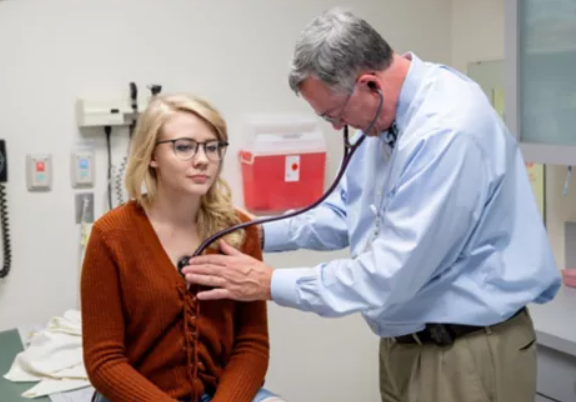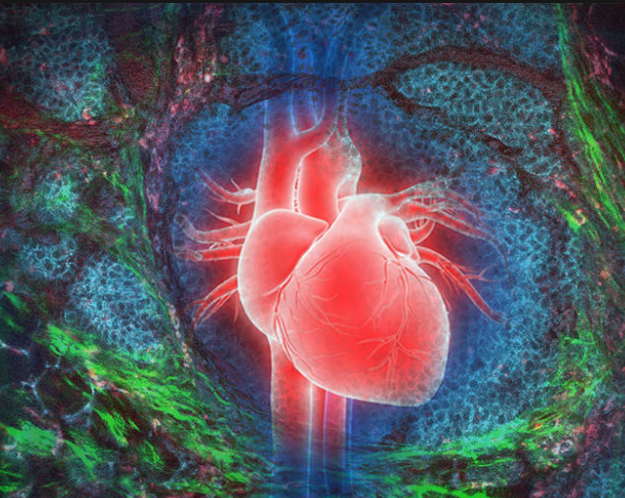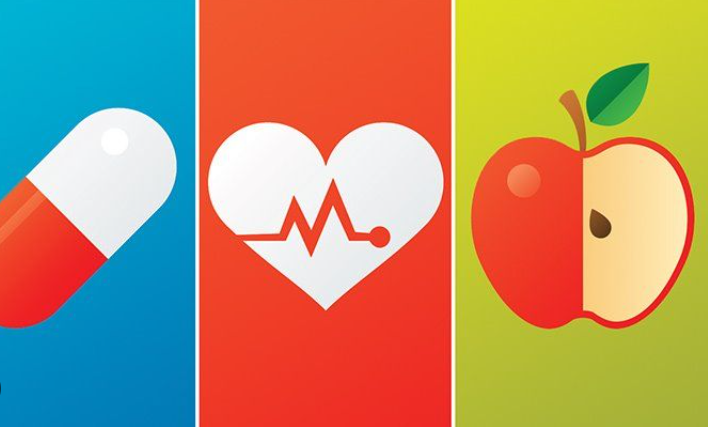Childhood cancer survivors are at increased risk of developing heart failure later in life due to the chemotherapy that was used to save their lives.
Yet a recently licensed medication may be able to lower that risk, according to a new study that was published in the journal The Lancet Oncology on January 9. Carvedilol, a blood vessel-relaxing drug, is safe for childhood cancer survivors to consume and may help lessen the effects of chemotherapy-induced heart damage. According to researcher Dr. Saro Armenian, chair of pediatrics at City of Hope Children’s Cancer Center in Los Angeles, “the development of early interventions is imperative because of the growing number of childhood cancer survivors.”
“Just helping children survive cancer isn’t enough. We also need to optimize patients’ health so that they don’t have to face life-threatening side effects decades after they are cancer-free,” Armenians added in a City of Hope news release.
Also read-FDA Finds No Connection Between Drugs Like Wegovy, Ozempic And Suicide

The trial focused on a devastating long-term side effect from a class of chemo called anthracyclines: increased risk of heart failure, in which the heart becomes too weak to pump enough blood to meet the body’s needs. The chemo’s damage takes effect gradually over time as the heart muscle thins and the heart’s chambers enlarge. Unfortunately, the downward cascade is irreversible after heart function starts to decline, making it urgent to find ways to protect childhood cancer survivors before trouble starts.

Carvedilol is a beta-blocker used to treat excessive blood pressure and heart failure. The medication was approved by the US Food and Drug Administration in 1995, and a generic version is currently accessible. During the course of the two-year trial, 182 childhood cancer survivors from the United States and Canada were given relatively low dosages of either carvedilol or a placebo. The results of the clinical research indicate that the objective of reducing the weakening of the heart muscle and expansion of the chambers was not met. The left ventricle, or lower chamber of the heart, showed notable decreases in wall stress, according to the researchers. This is a previous indicator of declining heart health.

Additionally, more patients on placebo developed a clinically significant decline in heart function than those on carvedilol—six versus two, Armenians said. “The greatest benefit was seen in participants who were very long-term survivors, as well as in those who were highly adherent to the study medication,” Armenian said. Overall, the trial “sets the stage for a Phase 3 clinical trial that may demonstrate a significant benefit for certain patients who are at an especially high risk of irreversible heart function decline after completion of cancer therapy,” Armenian said.

Late effects are health problems that occur months or years after cancer treatment has ended.
Cancer treatments may harm the body’s organs, tissues, or bones and cause health problems later in life. These health problems are called late effects.
Treatments that may cause late effects include the following:
- Surgery.
- Chemotherapy.
- Radiation therapy.
- Stem cell transplant.

Late effects on childhood cancer survivors affect the body and mind.
Late effects in childhood cancer survivors may affect the following:
- Organs, tissues, and body function.
- Growth and development.
- Mood, feelings, and actions.
- Thinking, learning, and memory.
- Social and psychological adjustment.
- Risk of second cancers.

Regular follow-up care is very important for survivors of childhood cancer.
Regular follow-up by health professionals who are trained to find and treat late effects is important for the long-term health of childhood cancer survivors. Follow-up care will be different for each person who has been treated for cancer. The type of care will depend on the type of cancer, the type of treatment, genetic factors, other medical conditions, and the person’s general health and health habits. Follow-up care includes checking for signs and symptoms of late effects and health education on how to prevent or lessen late effects.

Also read-The ADHD Medications During The Pandemic Is Causing Shortages Right Now
images source: Google
Disclaimer: The opinions and suggestions expressed in this article are solely those of the individual analysts. These are not the opinions of HNN. For more, please consult with your doctor




































